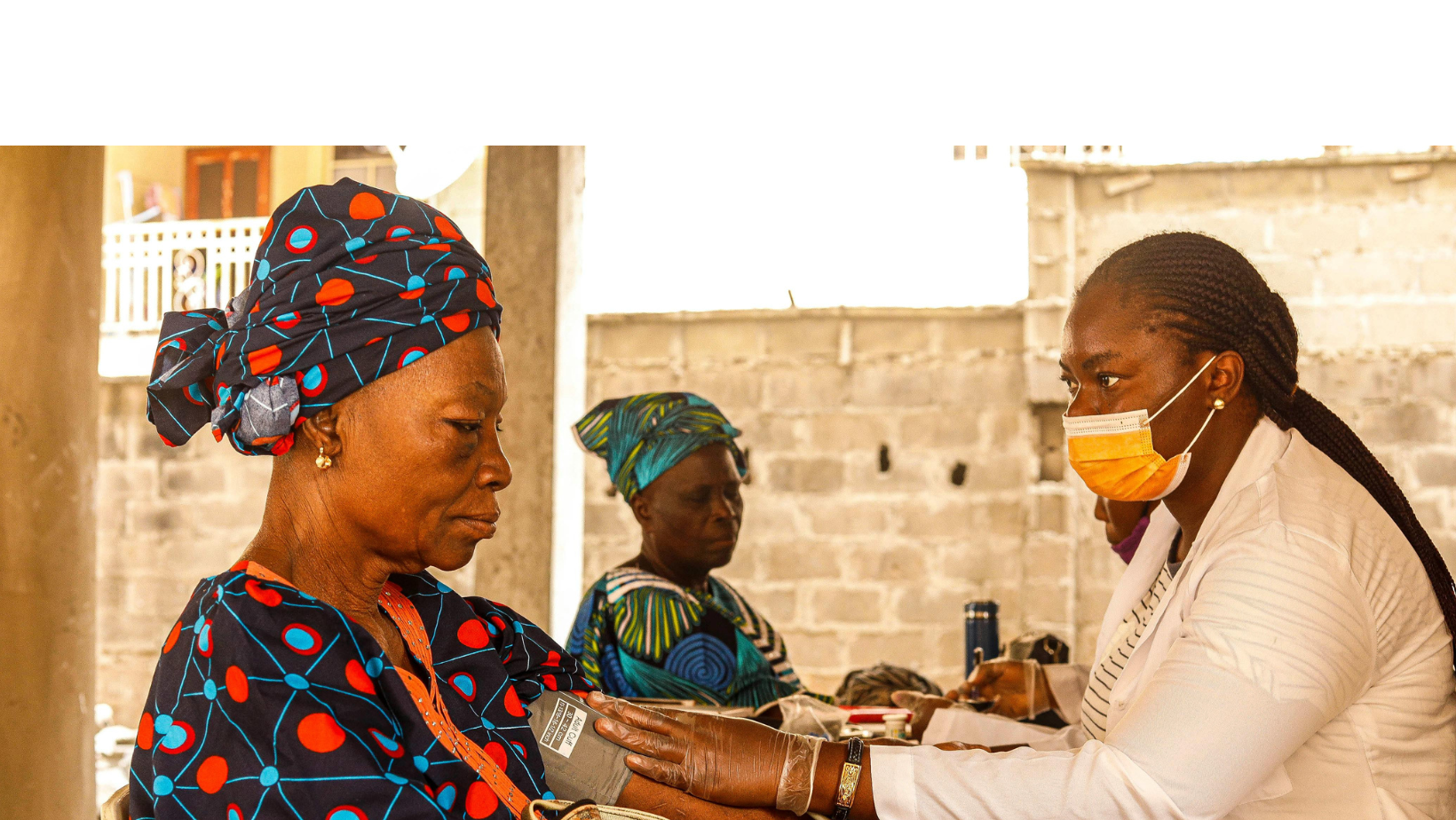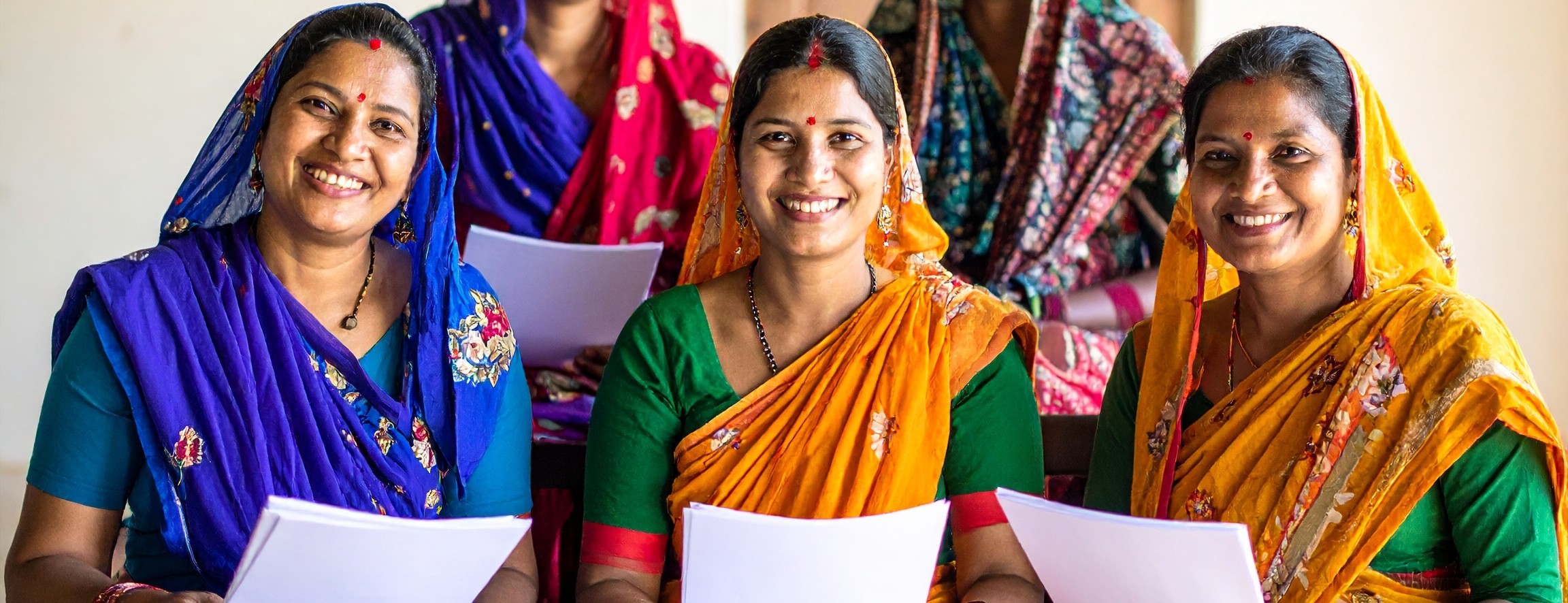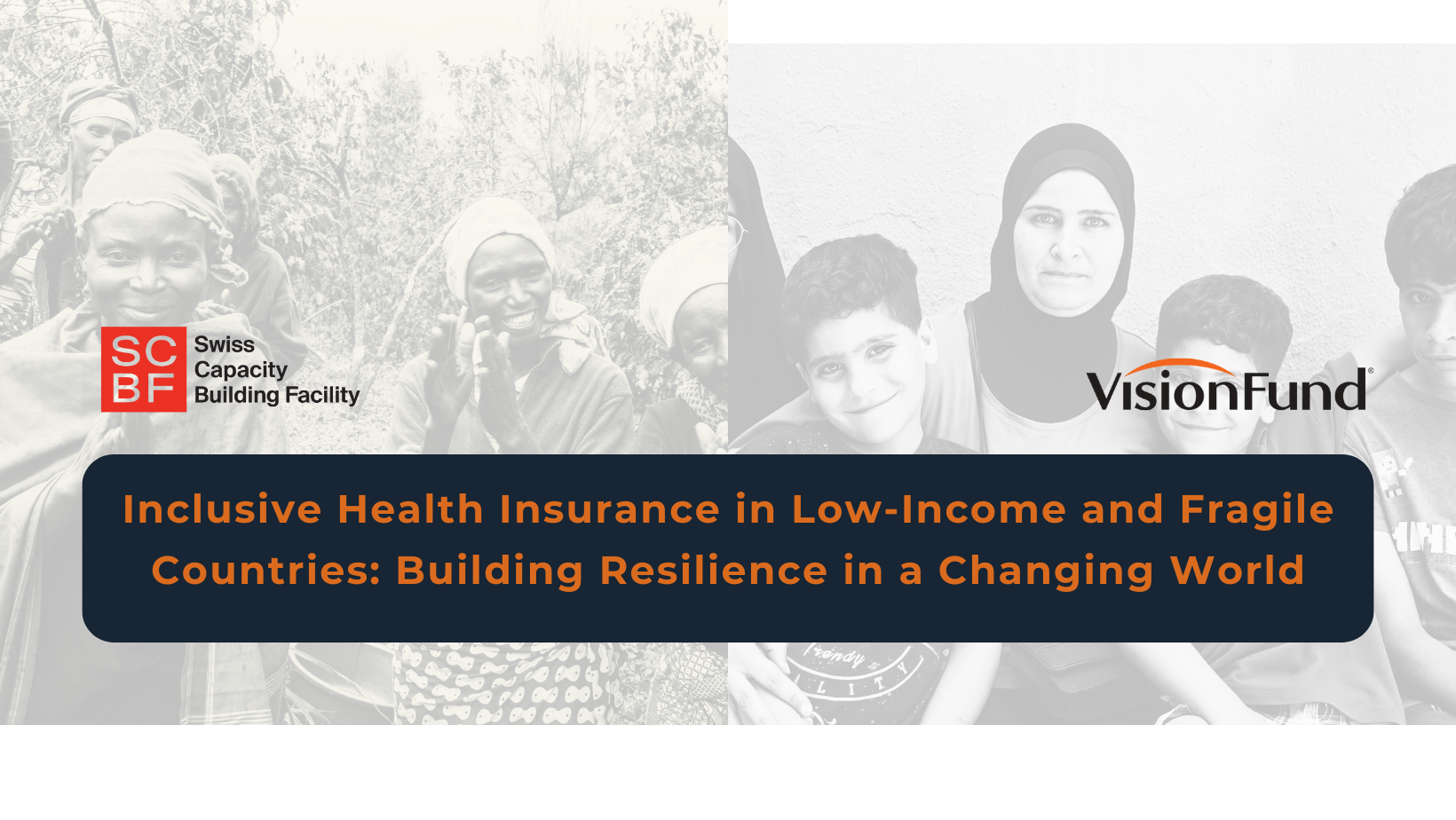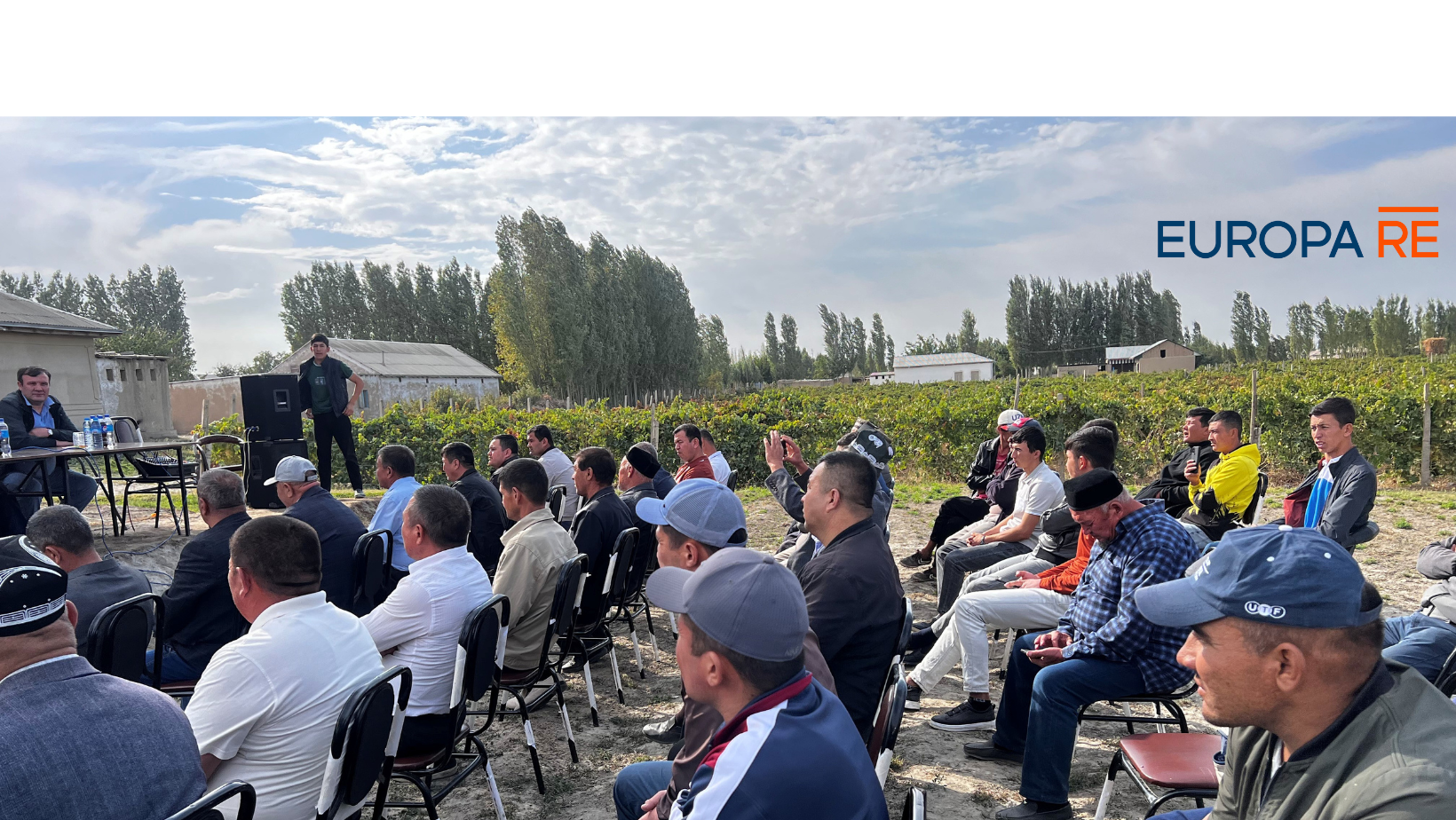Impact-linked finance
Impact-linked finance refers to financial solutions targeting market-based organisations, with financial rewards directly linked to the achievement of positive outcomes.

By providing “better terms for better impact”, Impact-linked finance aims to enable and incentivise enterprises to deepen and / or accelerate their positive social and environmental impact, while continuing growing their businesses.
Impact-linked finance (ILF) is highly tailorable, can take different forms and can be applied to various financial instruments – from equity to debt to guarantees. It is not a grant, as the disbursement of the funds are conditional to the achievement of selected metrics. In addition, funding support might not be provided upfront (depending on the instrument). Impact-linked finance is a powerful way to “bake” impact into the core of finance. It aligns positive impact with economic viability and lies at the intersection between blended finance, impact investing and results-based financing.
Our interventions
Key transaction characteristics:
Instruments
The ILF instruments available include Social Impact Incentives (SIINC), reimbursable SIINC, ILF loans and impact-ready matching fund.
Ticket size
Depend on a variety of aspects, including growth stage, profitability, investment round, selected ILF instruments, etc. Ticket sizes will be of a maximum of CHF 250’000.
Terms and metrics
Will be defined on a case-by-case basis, but typical ILF transactions last for 2-3 years, with 2-3 enterprise-specific metrics verified every 6 or 12 months.
Eligibility criteria
Impact-linked finance eligibility criteria
- Sectoral focus: Applying enterprises must be working in the financial inclusion sector.
- Geographical focus: The enterprises must be active in one of SCBF focus countries.
- Track record: Enterprises must be operational for at least three years with a customer base of at least 3,000 and associated revenues.
- Financial sustainability: Enterprises must have either already achieved financial sustainability (break-even or profitability) or have a clear plan to do so in the short- to medium-term, to allow them to continue generating positive impact long after the Impact-Linked Finance transactions have ended.
- Business model: Although there are no specific constraints regarding the legal form the enterprises need to have a strong business model and generate revenue (and potentially profit) out of their activities.
- Impact focus: Particular focus lies on enterprises that target vulnerable and lowincome groups, including women, MSMEs, smallholder farmers and migrants. Enterprises that do not have a specific impact focus are also eligible if they prove to be willing and able to deliver positive social outcomes in one of the above three areas or others.
- Impact track-record: To design relevant incentive structures, it is necessary to have data related to the impact generated by the enterprise. Systematically monitored impact indicators need to be used for the design of the reward payments. Highpotential candidates lacking such an impact measurement system, may be offered technical assistance in form of training and support.
- B2C: The enterprise needs to have a direct and verifiable influence on the impact being created for end-users. Consequently, B2C business models will be prioritised.
FAQ
Here you can find answer to our frequently asked questions
We welcome projects that demonstrate a strong connection between financial initiatives and advancements in agriculture, health, housing, and climate resilience. Priority is given to projects that address the specific needs of women and migrants.
Detailed application guidelines and submission procedures can be found on our website. Please review the eligibility criteria and follow the instructions outlined in the application process.
We welcome projects that demonstrate a strong connection between financial initiatives and advancements in agriculture, health, housing, and climate resilience. Priority is given to projects that address the specific needs of women and migrants.
Yes, projects focusing on climate resilience should demonstrate innovative strategies to address and adapt to climate change impacts. We encourage initiatives that contribute to long-term sustainability and resilience in the face of environmental challenges.
Our grant program is primarily designed for organizations; however, collaborations and partnerships with individuals are encouraged. Please review the eligibility criteria for more details.
Yes, we offer post-grant support and conduct regular monitoring to ensure that funded projects are progressing as planned. We aim to build a collaborative relationship with grantees to maximize the positive outcomes of each project.




.png)











































.png)










.png)












































